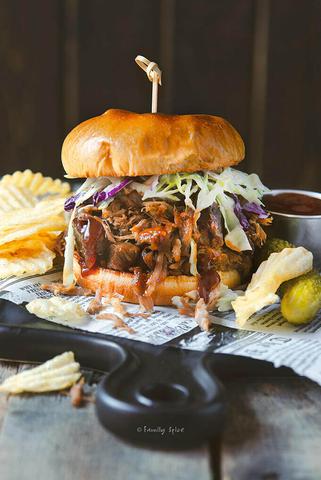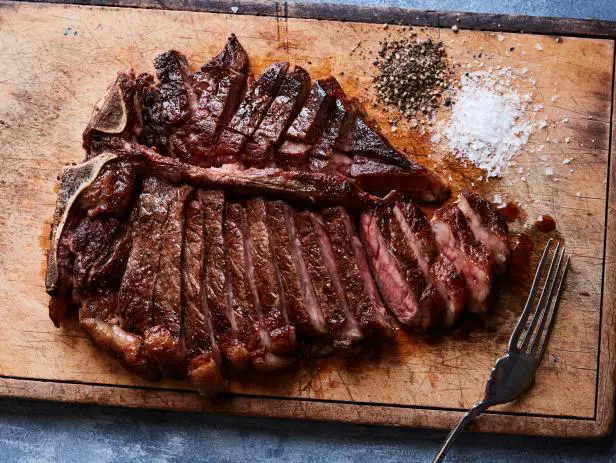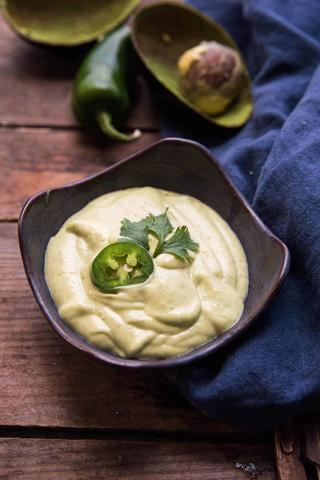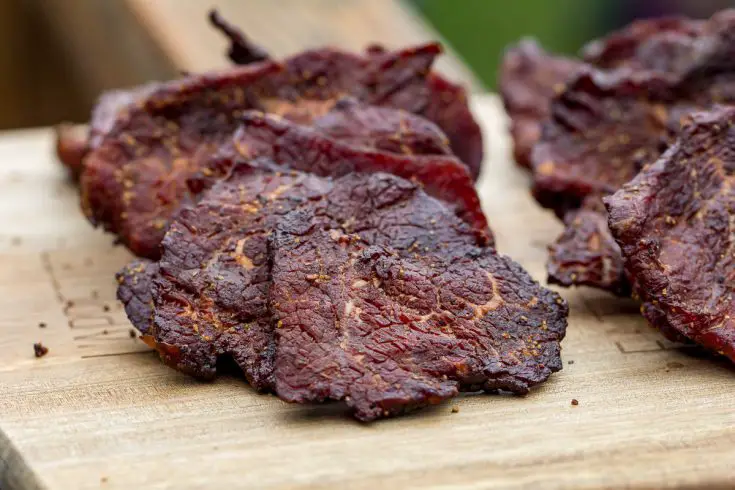
How to Determine the Perfect Cooked Level of Turkey Bacon
How Long Does It Take For Turkey Bacon to Cook?
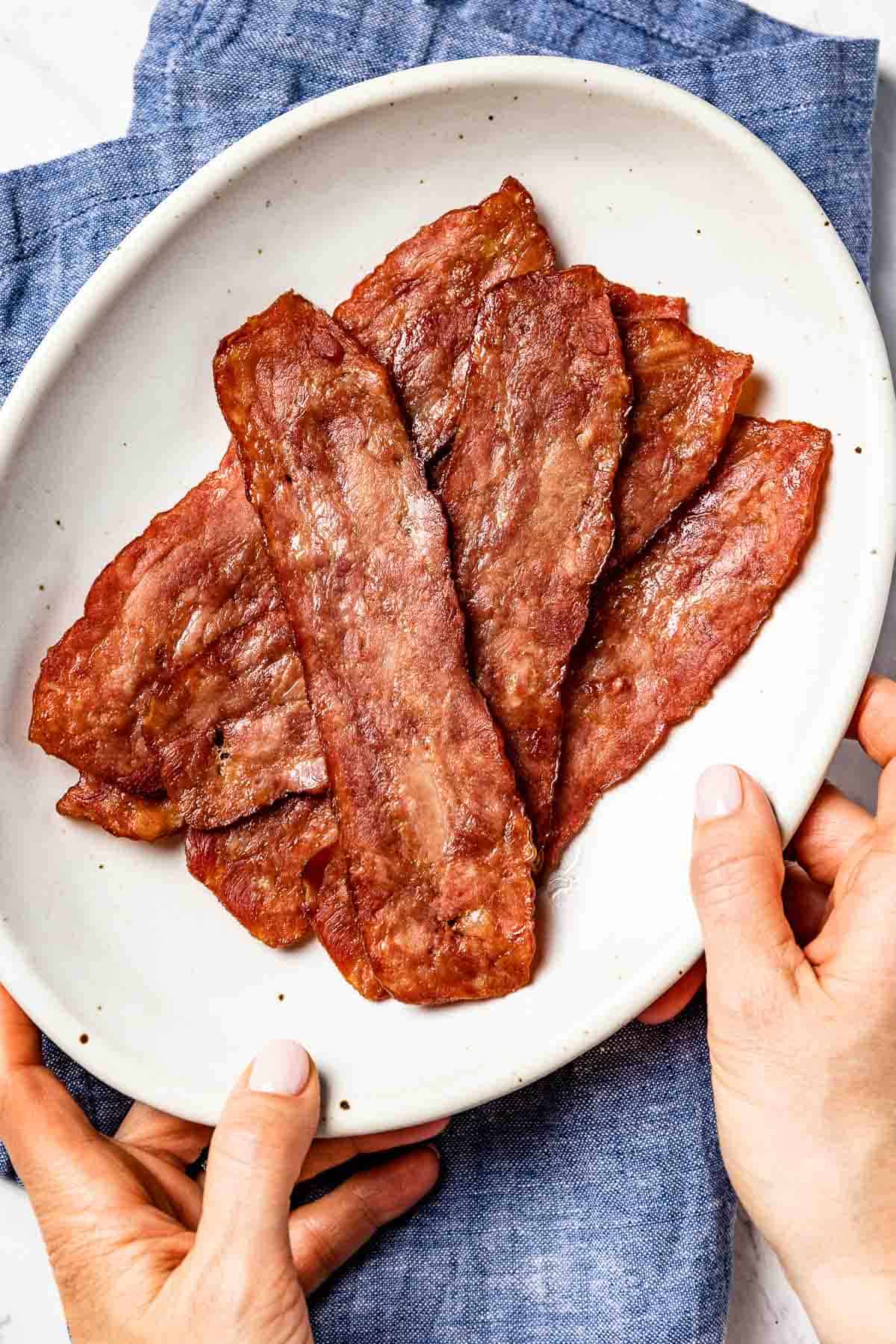
Cooking time for turkey bacon can vary depending on factors such as the thickness of the slices and the cooking method. In general, sliced turkey bacon should be cooked for about 10 minutes on each side. Thicker slices or cooking in the oven may require an increase in cooking time. It is important to note that turkey bacon can be cooked until it is crisp or chewy, depending on personal preference. If unsure, it is better to cook the bacon for a little longer to avoid undercooking.
When reheating turkey bacon, it is crucial to heat it until it is steaming hot to ensure that it is fully cooked and safe to eat.
How Do You Know When Turkey Bacon Is Done?
Cooking turkey bacon can be tricky, but there are a few key indicators to look for to determine if it is done. First, the bacon should be cooked until it is golden brown in color. This indicates that it has been cooked thoroughly and has developed a crispy texture. Additionally, when you touch the bacon, it should feel crisp and not floppy or bendy.
Another important sign that turkey bacon is done cooking is that it should not give off any pink juices when cut into. If you see any pink juices, this means that the bacon is still undercooked and should be cooked longer. It’s better to err on the side of caution and cook the bacon for a little longer to ensure it is fully cooked.
Remember to always cook turkey bacon until it is crisp and no longer pink in the center. This will help ensure that any harmful bacteria are destroyed and reduce your risk of food poisoning. If you’re unsure whether your turkey bacon is cooked properly, it’s best to throw it out rather than risk consuming undercooked meat.
What Happens If I Eat Undercooked Turkey Bacon?

Eating undercooked turkey bacon can pose health risks, as it may contain harmful bacteria that can cause food poisoning. Symptoms of food poisoning include nausea, vomiting, diarrhea, abdominal pain, and fever. These symptoms can range from mild to severe and may last for several days.
Ingesting raw or undercooked turkey bacon can also increase your risk of contracting diseases such as Salmonella or E. Coli. These bacterial infections can lead to more serious complications and may require medical treatment.
It is important to always cook turkey bacon until it is fully cooked and no longer pink in the center to ensure its safety for consumption.
Frequently Asked Questions
1. How do I know when turkey bacon is cooked properly?
When cooking turkey bacon, look for a golden brown color, crisp texture, and no pink juices when cut into.
2. How long does it take to cook turkey bacon?
The cooking time for turkey bacon depends on factors such as the thickness of the slices and the cooking method. Generally, sliced turkey bacon should be cooked for about 10 minutes on each side.
3. Can I reheat turkey bacon?
Yes, you can reheat turkey bacon. Make sure to heat it until it is steaming hot to ensure it is cooked through and safe to eat.
4. Is turkey bacon a healthier alternative to pork bacon?
Turkey bacon is often considered a healthier alternative to pork bacon because it has lower fat and calorie content. However, it is important to be mindful of sodium and other additives in processed meats like turkey bacon.
5. Can you eat raw turkey bacon?
No, you should not eat raw turkey bacon as it may contain harmful bacteria that can cause food poisoning. Always cook turkey bacon until it is crisp and no longer pink in the center.
6. What are the risks of undercooked or overcooked turkey bacon?
Eating undercooked or overcooked turkey bacon can increase your risk of food poisoning or contracting diseases such as Salmonella or E. Coli. It is best to cook turkey bacon properly by following recommended cooking times and checking for key indicators of doneness.
Can you eat raw turkey bacon?
No, you should not eat raw turkey bacon. Raw turkey bacon may contain harmful bacteria that can cause food poisoning. Symptoms of food poisoning include nausea, vomiting, and diarrhea. If you experience these symptoms after eating raw turkey bacon, it is important to seek medical attention immediately.
What is the best way to cook turkey bacon?
Turkey bacon is a popular alternative to traditional pork bacon, offering a lower fat and calorie content. When it comes to cooking turkey bacon, there are several methods you can choose from. One common approach is frying it in a pan on the stovetop. Simply heat a non-stick skillet over medium heat, place the bacon slices in the pan, and cook for about 10 minutes on each side or until golden brown and crisp to the touch.
Another option is to bake turkey bacon in the oven. Preheat your oven to 400°F (200°C), line a baking sheet with foil or parchment paper, and arrange the bacon slices in a single layer. Bake for about 15-20 minutes or until crispy, flipping halfway through cooking.
If you prefer using a microwave, place several layers of paper towels on a microwave-safe plate and lay the turkey bacon on top. Cover with another layer of paper towels to prevent splattering and microwave on high for 1-2 minutes per slice or until desired crispiness is achieved.
How can you tell if turkey bacon is undercooked?
When cooking turkey bacon, it is important to make sure that it is cooked thoroughly to avoid any risk of foodborne illnesses. The easiest way to tell if turkey bacon is undercooked is by its appearance. Undercooked turkey bacon will be pale in color and may still be soft or floppy to the touch. It may also release pink juices when cut into. If you notice any of these signs, it is best to continue cooking the bacon until it reaches a golden brown color and becomes crisp.
Another indicator of undercooked turkey bacon is its texture. If the bacon feels rubbery or chewy instead of crispy, it likely needs more time to cook. It should have a crisp texture when properly cooked.
In addition to visual and textural cues, it’s important to ensure that the internal temperature of the turkey bacon reaches a safe level. Use a meat thermometer inserted into the thickest part of the bacon slice to check for an internal temperature of at least 165°F (74°C). This will help ensure that any harmful bacteria are killed during the cooking process.
How do I know if my turkey bacon is overcooked?
Overcooked turkey bacon will be golden brown and crisp to the touch. It should not give off any pink juices when cut into. If juice does run out, the bacon is overcooked and should be thrown out. It is important to avoid overcooking turkey bacon as it can become dry and unappetizing.
Eating overcooked turkey bacon is not recommended as it may have a burnt taste and texture. It is best to keep an eye on the cooking time and check for the desired golden brown color and crispness. If you are unsure whether your turkey bacon is cooked properly, it is better to remove it from heat earlier rather than risk overcooking it.
Final Thoughts
Cooking turkey bacon can be a bit challenging, but with these tips, you can ensure that your bacon is cooked properly every time. Remember to cook it until it is golden brown, crisp to the touch, and doesn’t give off any pink juices. It’s always better to slightly overcook than undercook turkey bacon to avoid any risk of food poisoning.
While turkey bacon is a healthier alternative to pork bacon, it’s important to note that it still contains additives and can be high in sodium. So, enjoy it in moderation as part of a balanced diet. Experiment with different cooking methods like frying or baking to find your preferred way of cooking turkey bacon.
In conclusion, turkey bacon can be a delicious and nutritious option for those looking for an alternative to traditional pork bacon. By following these guidelines and using your own judgment, you’ll be able to cook turkey bacon perfectly every time and enjoy its milder flavor without compromising on taste or health benefits.
In conclusion, determining the doneness of turkey bacon is crucial for both taste and safety. By following the recommended cooking times and ensuring that the bacon reaches a crisp texture with no signs of rawness, you can confidently enjoy this leaner alternative to traditional bacon.
Learn More About Grilling
If you want to learn more about grilling, check out these other helpful resources!

